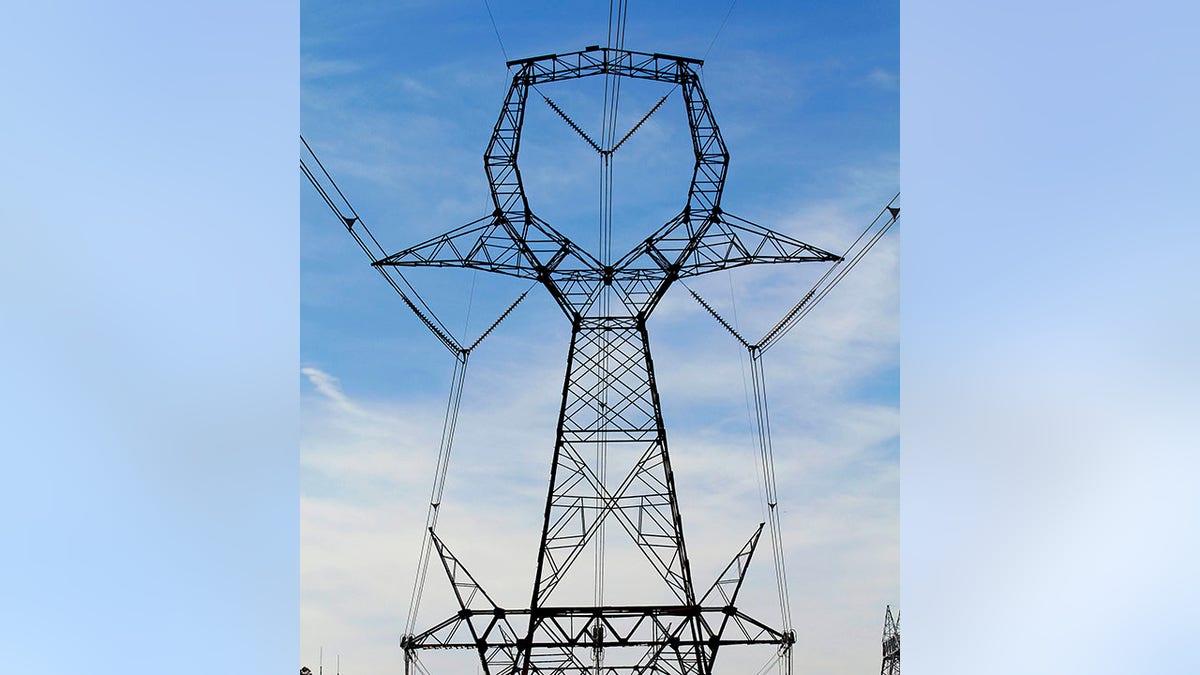Rural communities divided over green energy
Fox News chief Washington correspondent Mike Emanuel reports on farmers’ reaction to solar farms on ‘America Reports.’
The fossil fuel divestment movement is spreading across college campuses. Most recently, students at the University of Washington staged a sit-in to urge the university administration to divest from its fossil fuel holdings. Last year, Harvard University – which has the largest fossil fuel endowment in the country – announced plans to divest from the industry after its student body protested.
Divesting from fossil fuels sounds like a great idea for a young, climate-conscious activist to get behind. That is until you get into the details and consequences.
The fossil field divestment movement, and those who support it, have no real plan for the aggressive clean energy transition they propose. Not only do fossil fuels still make up 60% of American energy, but a new report from the American Petroleum Institute shows that the industry supports nearly 11 million jobs and contributes more than 7% of the U.S. GDP.
50 BLUE STATE MAYORS CALL FOR OFFSHORE WIND MORATORIUM AMID WHALE, DOLPHIN DEATHS
Advocating for the dissolution of the entire industry over the next few decades would also mean dissolving economic opportunity and quality of life for more than 330 million Americans.

An unrealistic shift from fossil fuels would cause widespread problems. (Photographer: Jim R. Bounds/Bloomberg via Getty Images)
Even President Joe Biden acknowledged that fossil fuels aren’t going away anytime soon during his 2023 State of the Union address. Instead of pushing for unrealistic divestment that would deeply hurt local communities and our nation’s energy security, we should prioritize producing energy from fossil fuels in the cleanest, most environmentally responsible way possible while simultaneously ramping up renewable energy production.
This is personal for me. My home state of Texas leads the nation in generating fossil fuel revenue, with more than $450 billion for the state’s economy. I grew up in Houston, where the energy industry is the lifeblood of the city and its citizens, regardless of whether they are directly employed by the industry or not. Widespread divestment from the fossil fuel industry would ruin Houston economically, as well as countless other communities across the country.
CLICK HERE TO GET THE OPINION NEWSLETTER
More surprisingly, the second-largest oil and gas economy in the country is no other than California. The oil and gas industry generates $217.1 billion for the state’s economy, which would be hard to guess from the renewables-over-all attitude that California projects. This is just further proof that divesting from fossil fuels is a huge, unrealistic mistake – even for bright blue states.
Perhaps even more importantly, shunning this industry here in the United States wouldn’t result in lower global greenhouse gas emissions.
Advocating for the dissolution of the entire industry over the next few decades would also mean dissolving economic opportunity and quality of life for more than 330 million Americans.
The American oil and gas industry produces energy with some of the highest environmental standards and close to the least carbon intensity in the world. If our major institutions divest from fossil fuels and handicap the industry, fossil fuels won’t go away. Other countries will simply produce fossil fuel energy in a dirtier way.
CLICK HERE TO GET THE FOX NEWS APP
This is not to say that clean energy – or an energy transition as a concept – is not important. We should be prioritizing clean energy sources, but we should be doing so with a realistic mindset. We need an all-of-the-above approach that balances reliability, affordability, abundance, and yes – cleanliness.
The underlying conclusion here is that we cannot afford to sacrifice energy security and economic prosperity for climate activism without a follow-through plan. Clean energy should continue to be a priority in the coming years, but not at the expense of prosperity and American economic dominance.









































